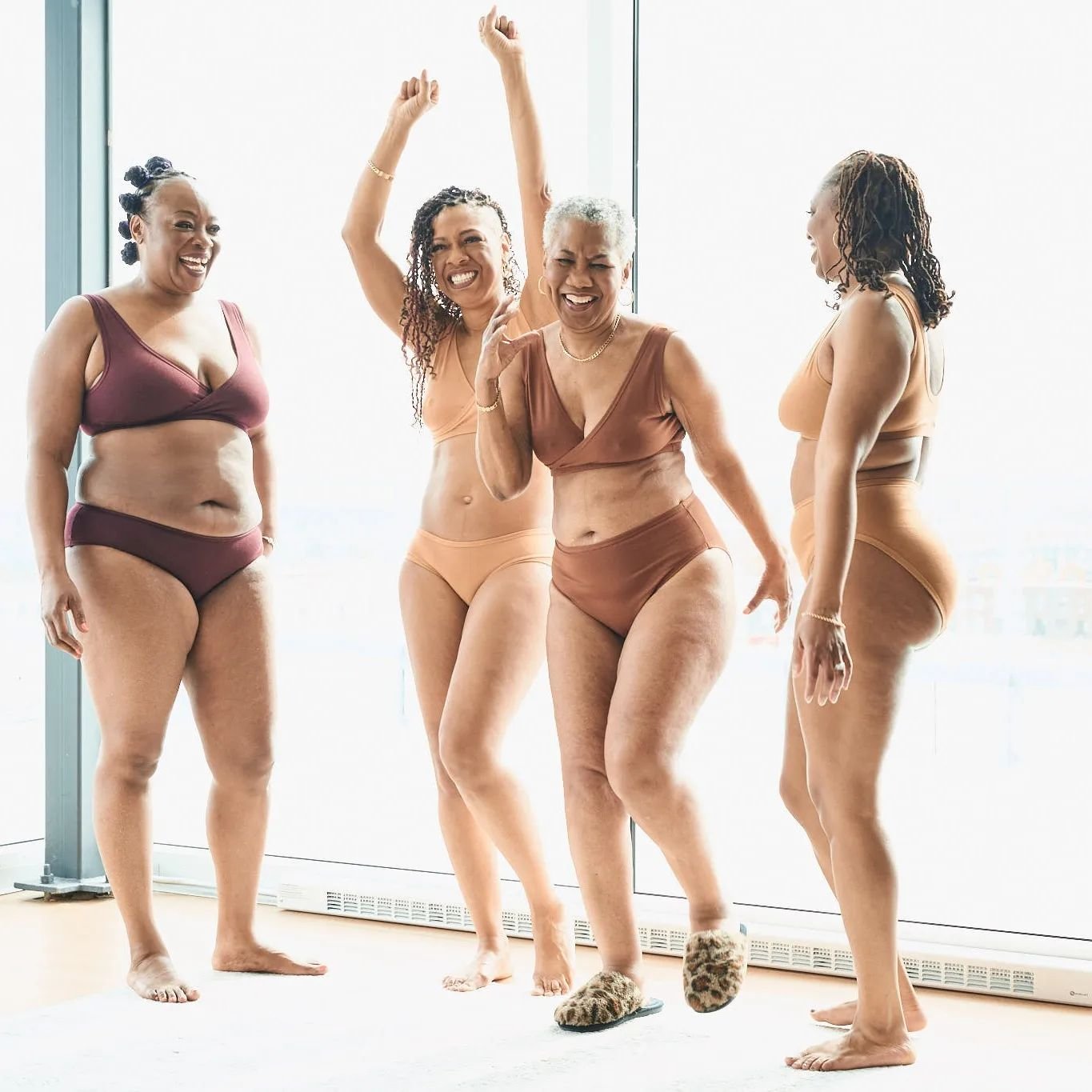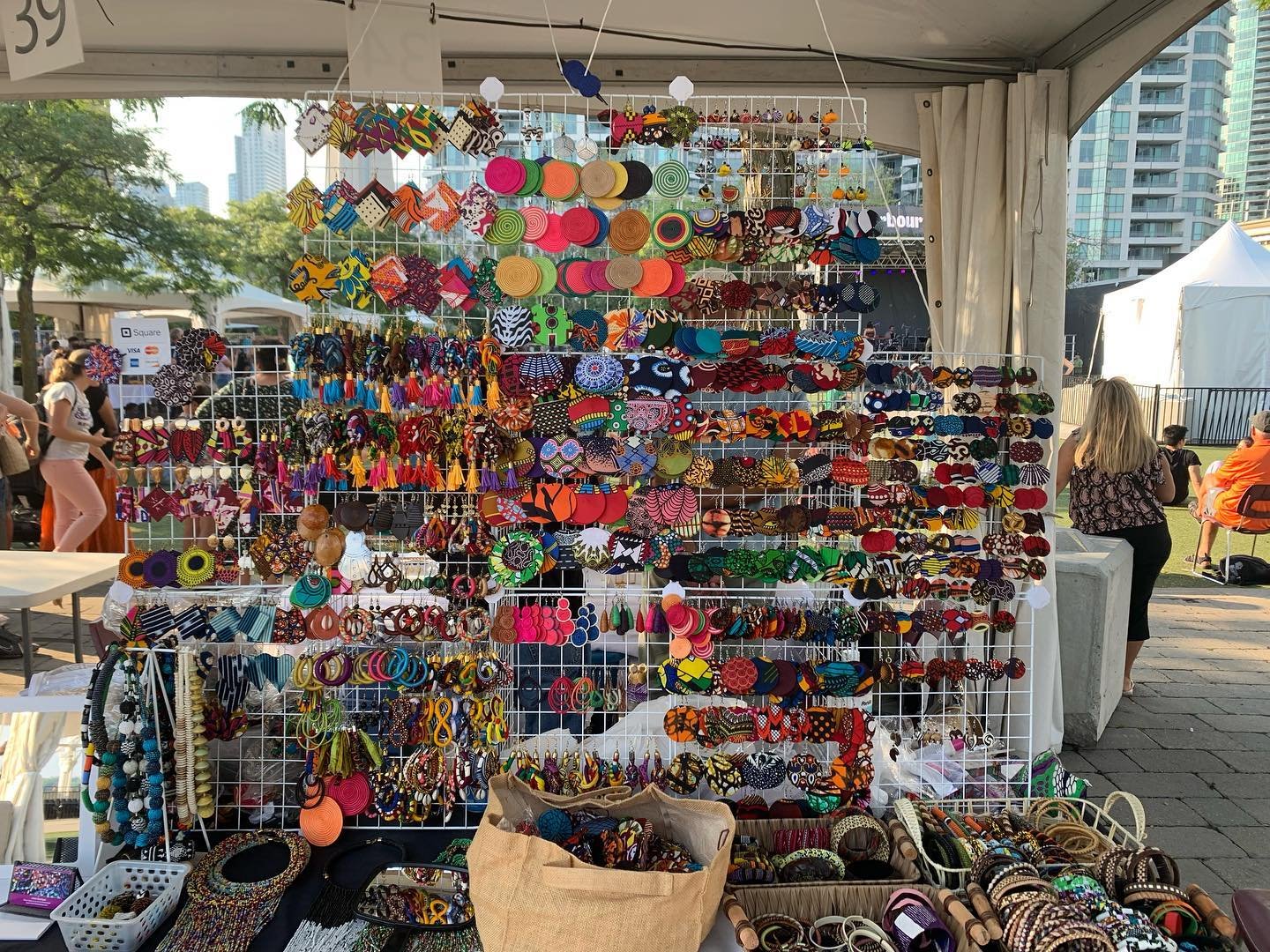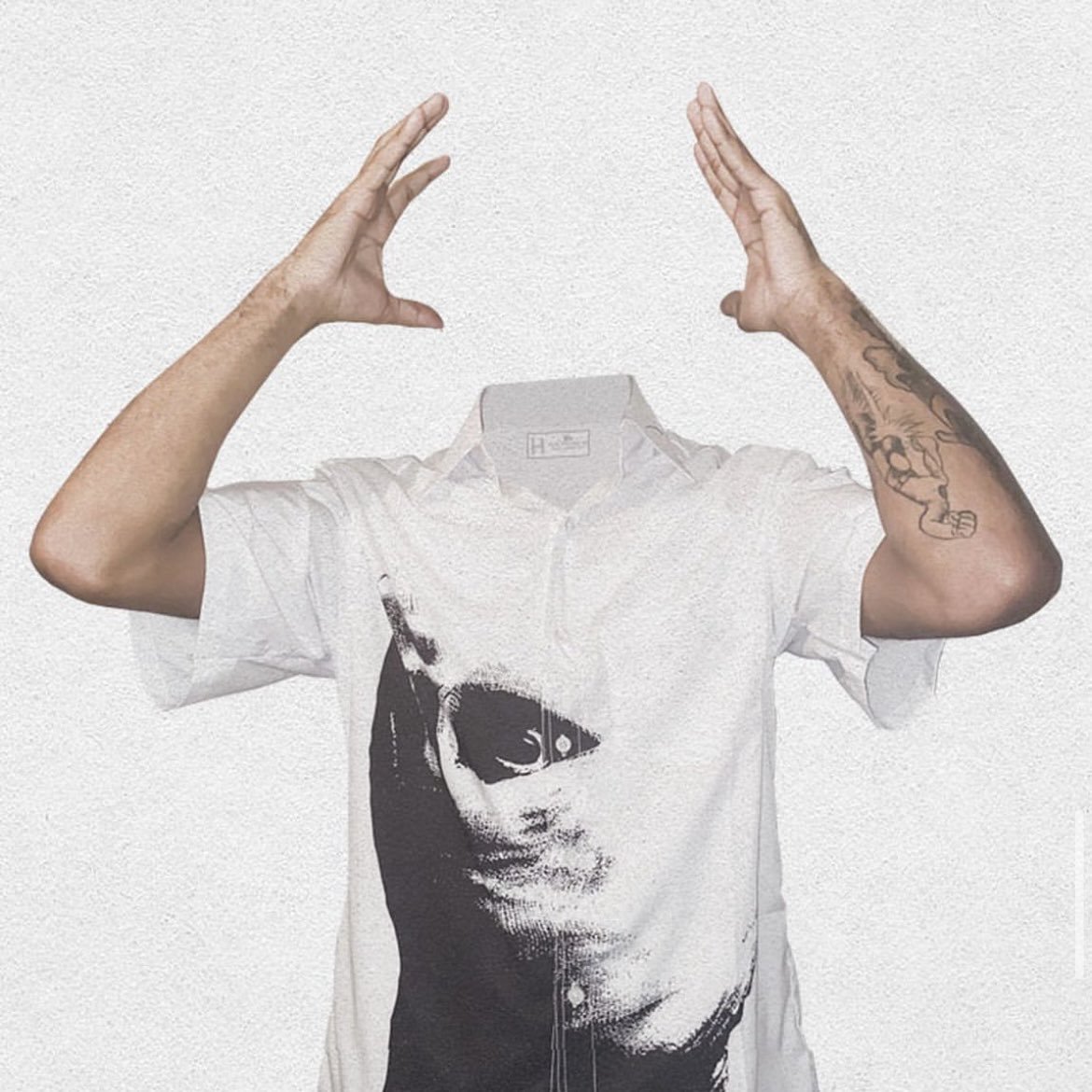Jean Jones navigates life as a first-generation Jamaican in New York as a member of a highly secretive, dysfunctional family whose most profound secret washes up on their doorway, dead
By: Alexa Fairclough
(Roberto Ourgant/Unsplash)
Jamaican-Canadian director Stella Meghie’s 2016 film Jean of the Joneses, contains a humour akin to Issa Rae’s Awkward Black Girl, melodrama reminiscent of Tyler Perry and charm that is all her own. Within this feature-length film, she’s able to tell a full story of a young woman’s encounters with love, loss and growth. Despite the complexity of these themes, there is an undercurrent of jest throughout the film.
The gritty, low-budget Lifetime movie entitled Jean of the Joneses, which premiered at the SXSW Film Festival in Texas, follows the titular character on her journey to discover her family's mysterious past and unlearn her own toxic patterns. Though the story takes place in New York, the main family’s recent Jamaican descent and the struggles they face can easily resonate deeply with Black Canadian audiences.
After years of living without a paternal figure, an estranged patriarch of the Jones family appears on the front doorstep before perishing shortly after. Following her newly discovered grandfather’s death, Jean is the only family member who takes the initiative to give him a proper send off. She does this while balancing her own tumultuous romantic relationships with men, one of whom being the EMT she rode to the hospital with following her grandfather’s death.
Following a breakup that leaves her without a permanent home, Jean floats around the homes of her kin network, consisting of her mother, grandmother and aunties. Her erratic travels are spurred by a need for shelter and the burn of rejection due to her incompatibility with her respective family members — a rejection well known amongst young people aiming to establish independence from their families.
Meghie so subtly and beautifully demonstrates how familial dysfunction births inertia in young creatives.
The Joneses' criticism of Jean is relatable to many young women, as she’s is often chastised for being unmarried, despite only being 25- years- old. She receives many overbearing comments on her choice to wear her hair naturally in low maintenance styles and her individual stylistic choices with her clothing. Lastly, she’s berated for her stagnation in her career, as context clues allude to her once being an up-and-coming writer with seemingly abundant potential. Amid this beratement, each family member she stays with accepts her into their homes and begrudgingly accompanies her on her journey for answers as they attempt to aid her in finding a new sense of purpose.
Meghie so subtly and beautifully demonstrates how familial dysfunction births inertia in young creatives. Jean becomes a weapon for intergenerational reckoning juxtaposed with her aunts and mother's generation, who did not question their mother’s façade of perfection. The first-generation Jamaicans in the film, Jean’s mother and aunts, have waded through the chaos created by their parents and have become upwardly mobile Black people in New York. Even though the family is economically stable, each of them is out of balance and complacent with the status quo — except for Jean.
Meghie is an accomplished writer, director and producer — an auteur, if you will. She began her career in public relations before pivoting into screenwriting — a move that challenged the stereotypical narrative of Black Canadian and Jamaican history within the film industry. As Black women have been excluded from telling their stories for far too long, her work has been an important step forward for intersectionality.
Her debut film Jean of the Joneses was nominated for the Best Screenplay at the Independent Spirit Awards and the Canadian Screen Award. Since then, she has directe her first feature film, Everything, Everything (2017), which was nominated for a National Association for the Advancement of Coloured People Image Award for Best Outstanding Director, as well as The Weekend (2018), The Photograph (2020) and, most recently, the Whitney Houston Biopic, I Want to Dance With Somebody (2022).
To create such incredible works, Meghie has drawn from her personal experiences as inspiration for many of her films, a common method for a filmmaker. But as a Black woman, Meghie’s methods provide content that contrasts the media we so often absorb. These stories have been bottled up for generations, waiting for the chance to be told. And much like the secrets and stories of the Jones family that have been bottled up for so long, loosening the cap has only been for the better.







